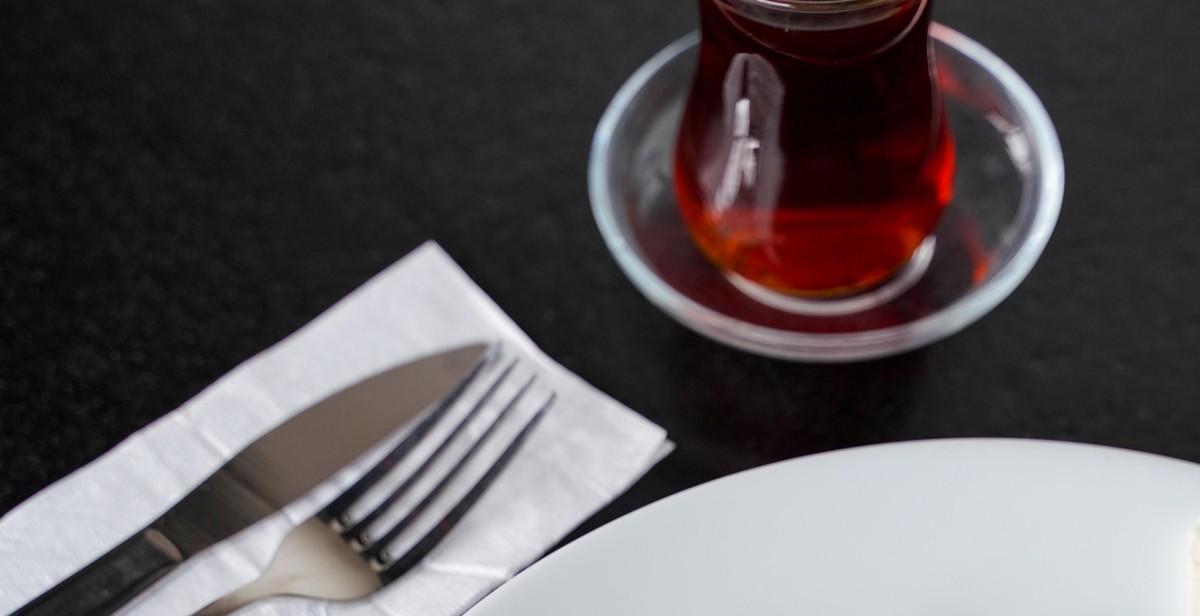Introduction: Understanding Assam Tea
Assam tea is a type of black tea that is grown in the Assam region of India. Assam tea is known for its strong, malty flavor and is one of the most popular types of tea in the world. The Assam region is located in the northeastern part of India, and it is the largest tea-growing region in the world. The region is known for its hot and humid climate, which is perfect for growing tea.
What Makes Assam Tea Unique?
Assam tea is unique in several ways. First, it is grown in a region that has a unique climate and soil composition. This gives Assam tea its distinct flavor and aroma. Second, Assam tea is made from a variety of the Camellia sinensis plant that is native to the region. This plant variety is known for its large leaves and strong flavor.
Types of Assam Tea
Assam tea comes in several different varieties, each with its own unique flavor and aroma. Some of the most popular types of Assam tea include:
- Black Assam Tea
- Green Assam Tea
- White Assam Tea
- Oolong Assam Tea
Each of these types of tea is made using different processing methods, which gives them their unique characteristics.
Why Appreciate and Identify Different Types of Assam Tea?
Appreciating and identifying different types of Assam tea is important for tea lovers who want to explore the world of tea. By understanding the different types of Assam tea and their unique characteristics, tea lovers can broaden their knowledge and appreciation of tea. Additionally, identifying different types of tea can help tea drinkers choose the perfect tea for their taste preferences and mood.

Different Types of Assam Tea
Assam tea is one of the most popular teas in the world. It is grown in the northeastern state of Assam in India, which is known for its hot and humid climate. The tea produced in Assam is known for its strong and robust flavor, which is why it is often used in blends for breakfast teas. There are three main types of Assam tea: Orthodox Assam Tea, CTC Assam Tea, and Green Assam Tea.
Orthodox Assam Tea
Orthodox Assam tea is produced using traditional methods. The leaves are plucked by hand and are processed using machinery that is designed to mimic the traditional process. The leaves are withered, rolled, oxidized, and dried. This process gives the tea its unique flavor and aroma. Orthodox Assam tea is known for its rich, malty flavor and is often used in blends for breakfast teas.
Orthodox Assam tea is usually sold in loose leaf form. The leaves are large and wiry and have a dark brown color. When brewed, the tea has a deep, reddish-brown color and a strong, full-bodied flavor. It is often enjoyed with milk and sugar.
CTC Assam Tea
CTC Assam tea is produced using a machine called a CTC (Crush, Tear, Curl) machine. This machine crushes the leaves, tears them into small pieces, and curls them into small balls. This process gives the tea a stronger flavor and a faster brewing time. CTC Assam tea is known for its bold, brisk flavor and is often used in blends for masala chai.
CTC Assam tea is usually sold in tea bags. The tea is finely ground and has a dark color. When brewed, the tea has a deep, reddish-brown color and a strong, bold flavor. It is often enjoyed with milk and spices.
Green Assam Tea
Green Assam tea is produced using the same leaves as Orthodox Assam tea, but the leaves are not oxidized. Instead, they are steamed or pan-fried to stop the oxidation process. This gives the tea a light, fresh flavor and a greenish-yellow color. Green Assam tea is known for its health benefits and is often enjoyed without milk or sugar.
Green Assam tea is usually sold in loose leaf form. The leaves are small and have a light green color. When brewed, the tea has a light, yellow-green color and a fresh, vegetal flavor. It is often enjoyed on its own or with a light snack.
| Type of Assam Tea | Processing Method | Flavor | Color | Best Enjoyed With |
|---|---|---|---|---|
| Orthodox Assam Tea | Hand-plucked, withered, rolled, oxidized, and dried | Rich, malty | Deep reddish-brown | Milk, sugar |
| CTC Assam Tea | Crushed, torn, curled | Bold, brisk | Deep reddish-brown | Milk, spices |
| Green Assam Tea | Steamed or pan-fried | Light, fresh | Greenish-yellow | On its own or with a light snack |
Each type of Assam tea has its own unique flavor and character. Whether you prefer a strong, robust brew or a light, fresh cup, there is an Assam tea for you. Experiment with different types and find your favorite!

Appreciating Assam Tea
Assam tea is known for its rich, malty flavor and is one of the most popular types of black tea in the world. To fully appreciate the taste and aroma of Assam tea, it’s important to understand its appearance, color, aroma, and taste.
Appearance and Color
Assam tea leaves are dark and wiry, with a glossy appearance. The color of the brewed tea is typically a deep, reddish-brown hue. The color of the tea can vary depending on the grade and processing method. Higher-quality teas tend to have a brighter, more vibrant color.
Aroma
The aroma of Assam tea is often described as malty and earthy, with hints of cocoa and a slightly sweet undertone. The aroma can be influenced by factors such as the tea’s age, the season it was harvested, and the processing method.
Taste
The taste of Assam tea is full-bodied and robust, with a slightly astringent finish. The tea has a strong, malty flavor with notes of caramel and a subtle sweetness. The taste of the tea can be influenced by factors such as the brewing method, water temperature, and steeping time.
Overall, appreciating Assam tea involves understanding its appearance, aroma, and taste. By paying attention to these factors, you can fully enjoy the rich, flavorful experience that Assam tea has to offer.
